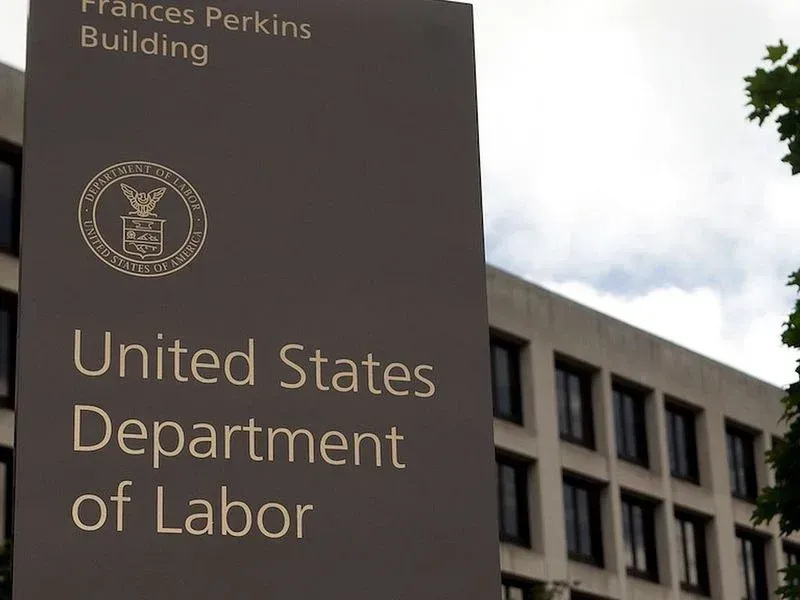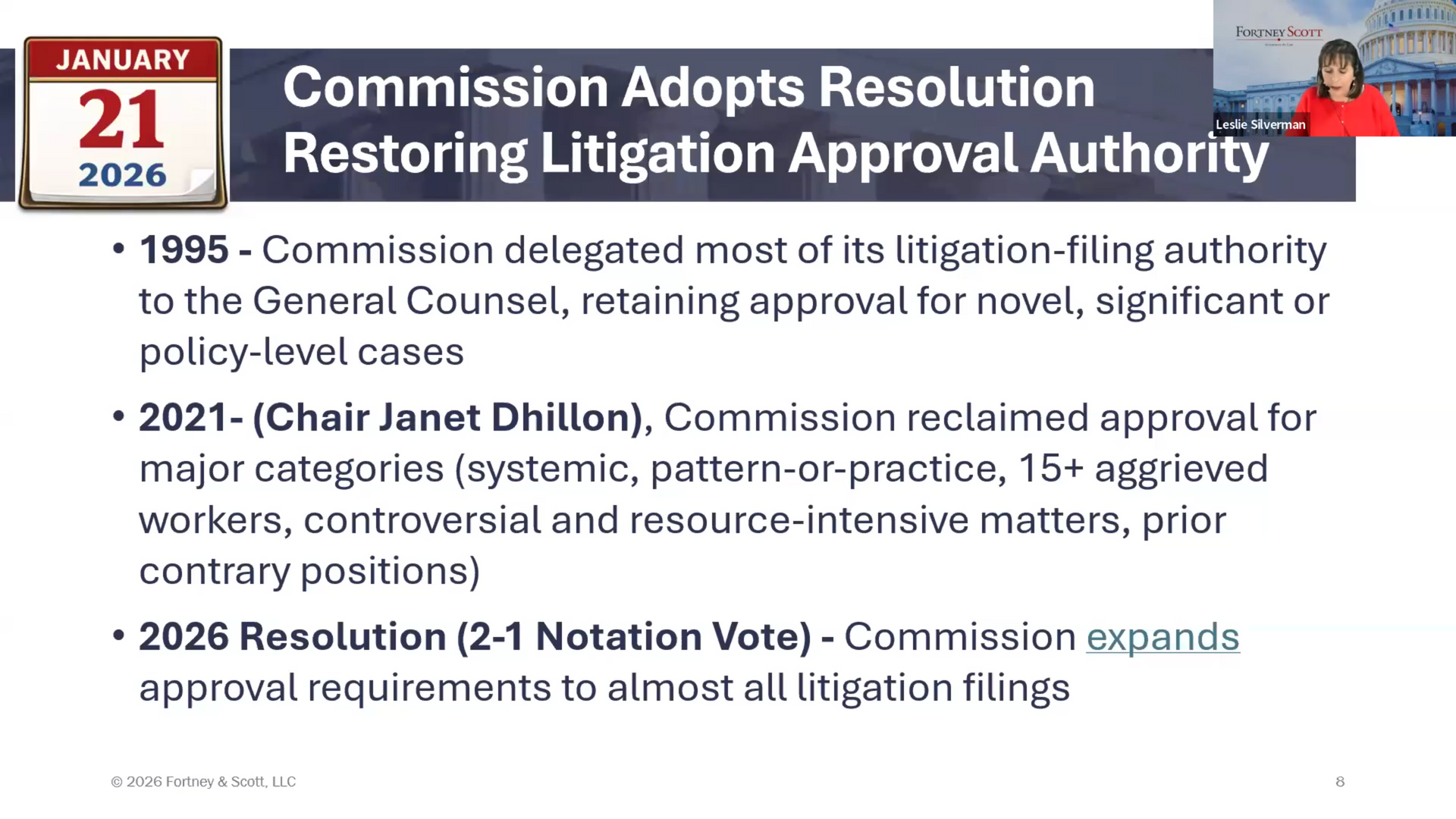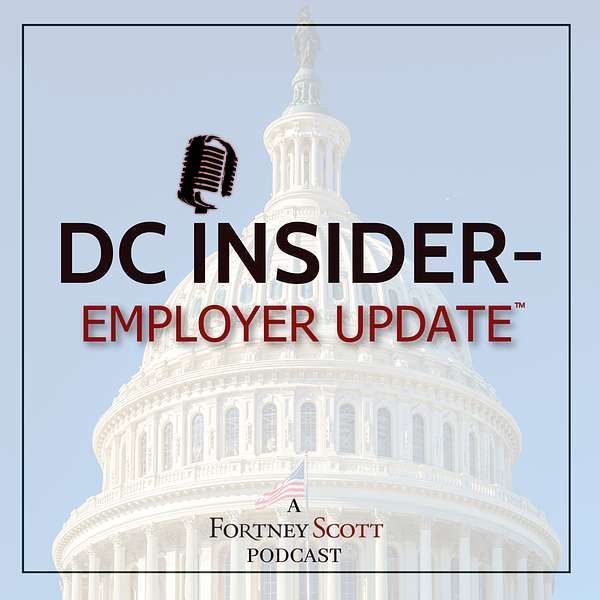Maryland's Aggressive New Pay Law Goes Into Effect on October 1st: 5 Key Changes
On May 19, 2016, Maryland Governor Larry Hogan signed The Equal Pay for Equal Work Act of 2016, bolstering the state’s protections against pay discrimination. Maryland will officially join the ranks of New York and California when this aggressive new pay law goes into effect on October 1, 2016.We have identified five key aspects of the new law that employers with locations in Maryland should bear in mind:
- Maryland has prohibited pay differentials based upon an employee’s gender identity.
- It is no longer just about compensation. In addition to protecting against discrimination in pay, the new law forbids employers from providing “less favorable employment opportunities” based on employee’s sex or gender identity. This precludes employers from : assigning or directing an employee into a less favorable career track or position, if offered; failing to provide information about promotions or advancement in the full range of career tracks offered by employer; and limiting or depriving employee of employment opportunities which would otherwise be available to employee but for employee’s sex or gender identity.
- Employees do not have to work in same establishment to be comparators. Maryland has expanded the pool of comparators beyond the “establishment” where an employee works to include employees who “provide work of a comparable character or work on the same operation, in the same business or of the same type” for the employer at workplaces in the same county of the state.
- Maryland has instituted strong pay transparency and anti-retaliation provisions aimed at shielding employee discussions around pay. Employers may not prevent employees from (i) inquiring about, discussing, or disclosing wages to other employees; (ii) questioning employers about their wages; and (iii) aiding or encouraging other employees to exercise their rights under the new law. Employers are prohibited from taking adverse action against employees for engaging in any of the aforementioned activities; nor may employers enter into agreements, which require employees to waive their rights to discuss or disclose wages.
- Employers must institute written policies in order to take advantage of the law’s affirmative defense. Under the law, employers may issue written policies prohibiting certain employees from discussing or discovering the wages of another employee without that employee’s permission (e.g., supervisors and those whose jobs directly reveals such information, such as payroll and HR, where the wage information was learned in the employee’s performance of his/her job duties came from the employee’s performance of his/her job duties). Employers may also establish reasonable workday limitations of the time, place and manner for employee inquiries and discussions about pay, provided that the limitations are in writing and consistent with standards, yet to be issued by Maryland Equal Pay Commission, and with state and federal laws, including the National Labor Relations Act. These written policies must be distributed to employees in order for an employer to utilize an employee’s failure to comply with these restrictions as an affirmative defense.
In addition to New York, California, and now Maryland equal pay laws, employers should also be aware of a sweeping new pay equity legislation, which was recently enacted in Massachusetts. When that law goes into effect in July 2018, Massachusetts will become the first state to restrict employers from requiring that applicants disclose prior salary history.
Next Steps
Given these tough new state laws, and the focus on compensation collection and enforcement efforts by the Equal Employment Opportunity Commission and the Office of Contract Compliance Programs, employers should consider taking the following steps to ensure that their compensation practices and pay differences are lawful and defensible.
- Conduct a comprehensive compensation compliance audit that includes: identifying the factors that influence compensation, conducting a statistical analysis of similarly situated employees, and thoroughly review their compensation policies, practices and procedures. The assessment should be conducted under the guidance of experienced counsel in order to protect audit results under the attorney-client privilege;
- Train all personnel involved in compensation decisions (hiring and raises) on the new legal requirements and standards; and
- Ensure that all supervisors and HR understand the new pay transparency and anti-retaliation protections.
Please contact your FortneyScott attorney if you have specific questions about the new Maryland equal pay law, or if we can assist you with complying with the new equal pay laws and regulations.















